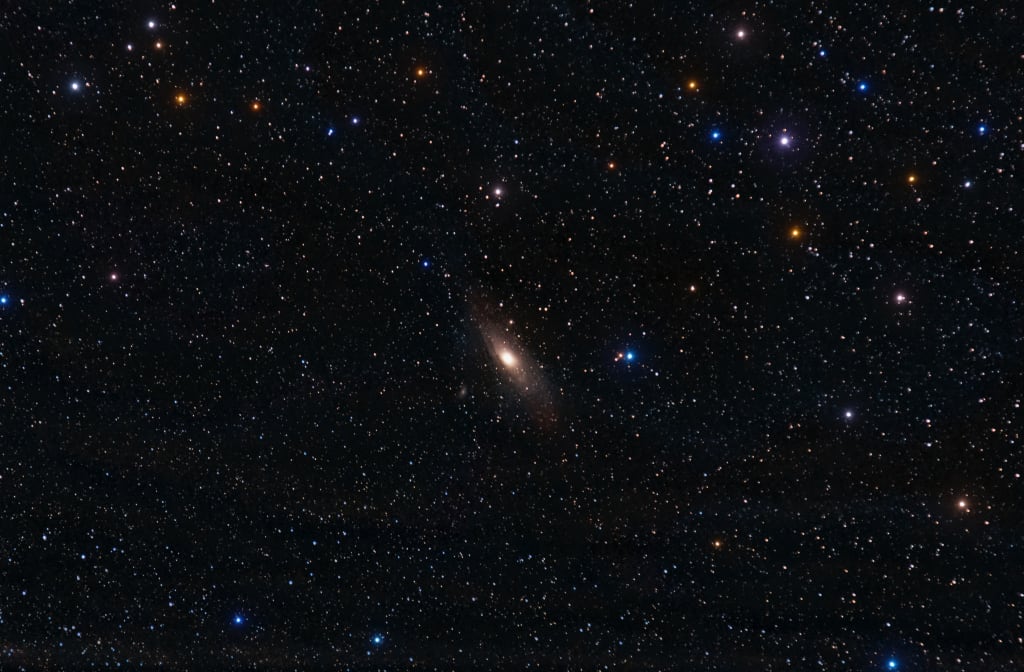
The Multiverse Theory suggests that our universe is just one of an infinite number of parallel universes that exist alongside it. This idea has been gaining popularity among physicists and cosmologists in recent years, but it is still a highly debated topic.
The concept of the Multiverse is based on the idea that the universe we observe is just one of many possible outcomes of the Big Bang. According to the theory, at the moment of the Big Bang, the universe split into countless different universes, each with its own unique set of physical laws and properties.
The Multiverse Theory is not a single, unified theory, but rather a collection of different ideas and models that attempt to explain the existence of multiple universes. Some of these models are based on the idea of cosmic inflation, which is a period of rapid expansion that is believed to have occurred in the early universe.
According to this model, the universe underwent a brief period of exponential expansion just moments after the Big Bang. During this time, small quantum fluctuations in the fabric of space-time were amplified, resulting in the formation of tiny, self-contained universes known as "bubble universes."
Each of these bubble universes would have its own set of physical laws and properties, and they would be completely isolated from one another. Some models suggest that there could be an infinite number of bubble universes, each with its own unique combination of physical constants and fundamental particles.
Another model that has been proposed to explain the Multiverse is the Many-Worlds Interpretation of quantum mechanics. According to this theory, every time a quantum event occurs, such as the decay of a radioactive atom, the universe splits into multiple parallel universes, each corresponding to a different possible outcome of the event.
For example, if a radioactive atom has a 50/50 chance of decaying within a certain period of time, then according to the Many-Worlds Interpretation, the universe would split into two parallel universes, one where the atom decayed and one where it did not.
While the Multiverse Theory is still a highly controversial topic, there is some evidence to support its existence. For example, cosmic microwave background radiation, which is leftover radiation from the Big Bang, shows patterns that are consistent with the predictions of cosmic inflation.
In addition, some physicists have proposed that the existence of a Multiverse could help explain some of the mysteries of our own universe, such as the so-called "fine-tuning problem." This refers to the fact that many of the physical constants and parameters of the universe, such as the strength of gravity and the mass of the electron, appear to be finely tuned to allow life to exist.
If there are an infinite number of universes, each with its own unique set of physical laws and constants, then it becomes less surprising that we happen to live in a universe that is conducive to life.
However, there are also some criticisms of the Multiverse Theory. One of the main objections is that it is difficult, if not impossible, to test experimentally. Since other universes are by definition unobservable, there is no direct way to confirm their existence.
In addition, some scientists argue that the Multiverse Theory is not a true scientific theory, since it cannot be falsified. Since it is impossible to observe other universes directly, there is no way to prove that they do not exist.
Despite these objections, the Multiverse Theory remains a fascinating and thought-provoking idea that has captured the imagination of many scientists and non-scientists alike. It raises profound questions about the nature of reality and our place in the universe.
If the Multiverse Theory is true, it would mean that there are an infinite number of versions of ourselves, each living in a slightly different universe with its own unique history and set of circumstances. It would also mean that?
About the Creator
Hanaff Jr
Just Writer...






Comments
There are no comments for this story
Be the first to respond and start the conversation.